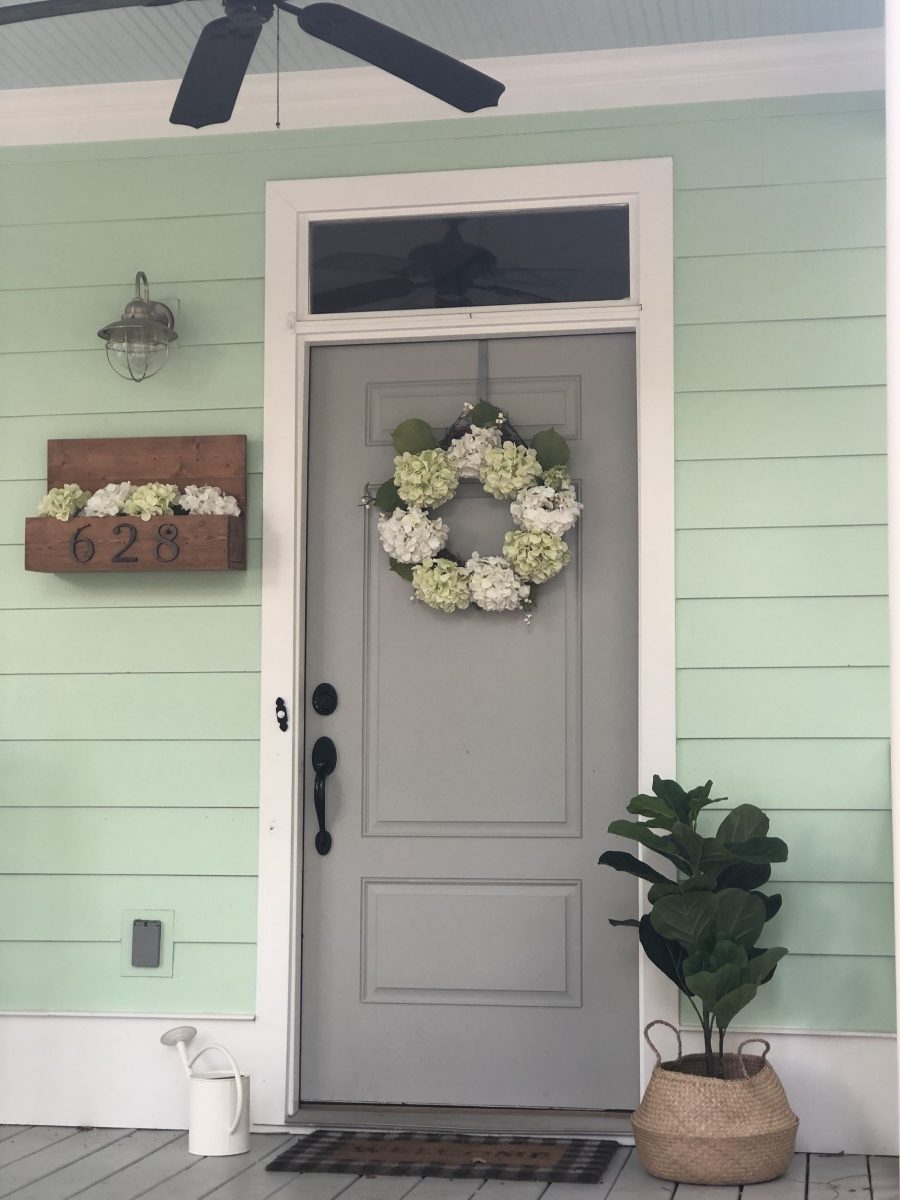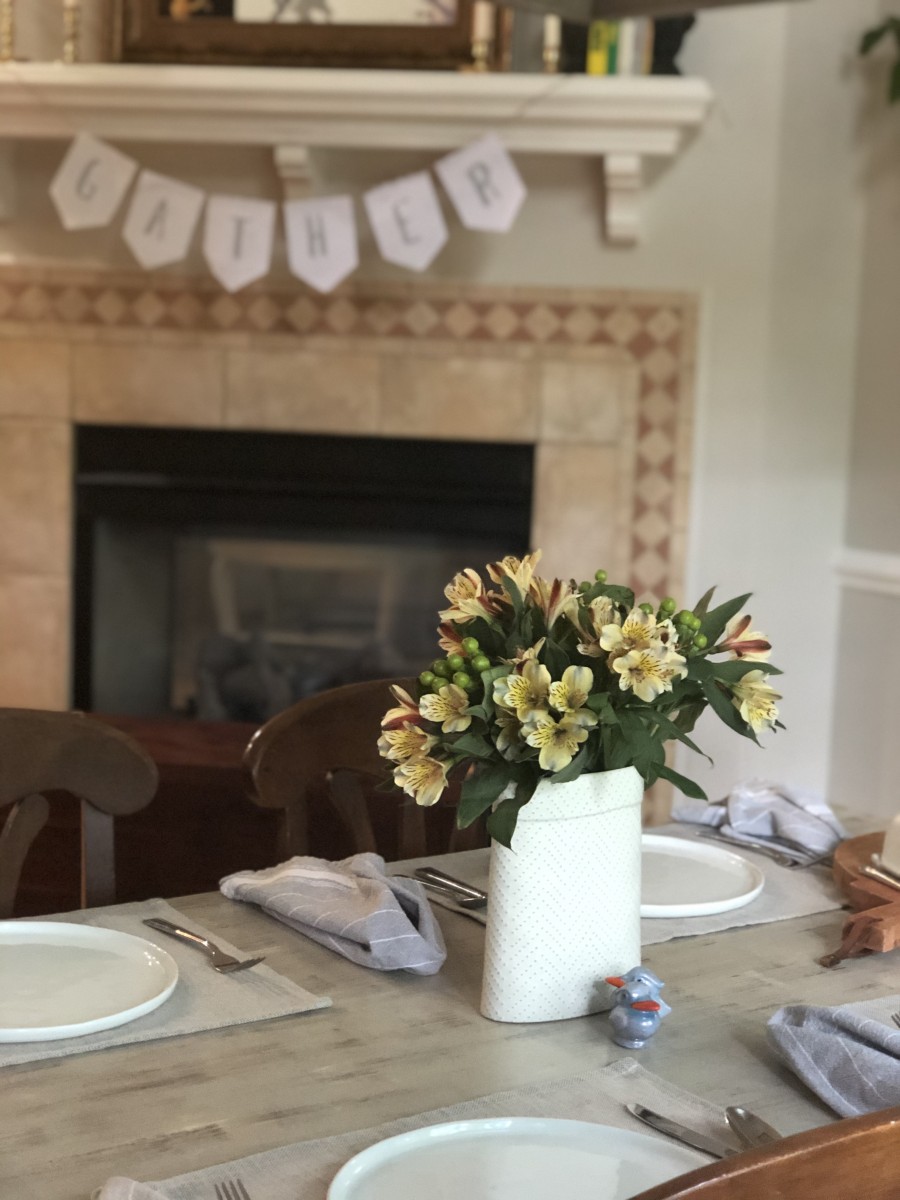Oh hi there; you don’t recognize me? I’m Myra the organizer, wearing a different cap today while I help you improve your home.
I launched a home organizing and staging business in 2003. I continue to work with clients, though not as often since I began to write regularly. I love to organize things. Sorting, culling and arranging stuff makes me happy. My favorite job is staging homes for the real estate market. I relish transformations. They boost my serotonin!
To most folks, it’s hard to believe I enjoy the nitty-gritty of organizing. I inherited the gene from my mom. I also believe that anyone can become better organized at home, by putting some basic habits into practice.
Since folks regularly ask questions about organizing, I thought I’d answer them by sharing a short primer on the subject.
A wise woman builds her house, but with her own hands the foolish one tears hers down.
Proverbs 14:1 NIV
Why do homes need to be organized?
- We need to be able to find things.
- Home should be a shelter and respite from the world.
- We need the joy and relaxation we find at home.
- Home is a place we gather family and friends. It provides space for fun and celebrations.

Here are two main reasons I’ve observed for a disorganized home:
1. Too much stuff
Buying stuff is as easy as clicking on the TV. Our convenience is a blessing and a curse. Take a look at the average home today as compared to ranch-style homes fifty years ago. The average home size in 1970 was 1,500 square feet. In 2020 the median size was 2,333 square feet. Also, the number of family members has diminished in those years. More square footage means more stuff. I’ve had clients with stacks of unopened boxes due to QVC addictions and excessive Amazon orders.
Tips:
• Don’t scroll through sites such as Craigslist, Marketplace or Overstock unless you need something. Don’t watch for sales to save money. The way to save money is to not shop. When you’ve determined you need a certain item, ask yourself where the thing will be kept and if you truly need it. Picture your house becoming a little more stuffed each time you buy something, because it will be, unless you regularly discard.
• Before you make a purchase, think of your current storage space. The smaller your home, the more ruthless you’ll need to be about what to bring into it. When you purchase bookshelves, cabinets or storage cubbies of any kind, be sure to get the most bang (space) for your buck. Don’t force old furniture to become storage unless it’s well suited for the task.
• Remember, the first goal of online or physical businesses is to make money. Other than some local specialty shops, their goal isn’t to make your life better or prettier.
• When you’re ready to get organized, limit purchases to essentials like food and gasoline.
• Sort everything you have into categories.
• Attack a couple of categories a day. For instance, put all your plastic refillable water bottles on the counter and count them. If you have 5 people in your family, you don’t need 47 bottles. Pare down to a reasonable number and discard the rest. Be ruthless. Don’t get stuck in the tossing stage and worry about where they end up. The goal is for them not to be in your home.
• Repeat this process with mugs, plates and glasses. I have more of these items than my husband and I need because I like there to be plenty for guests. Evaluate what’s necessary for you.

• Decide on a reasonable number of items in a category before you go through all of them. If you stop to estimate the value of each random mug, for example, you’ll keep all 38 of them.
• Look at your pots, pans and baking dishes. Evaluate each item as to its use. If you never (or rarely) use it, you don’t need to keep it. Ask yourself how much it would cost to replace an item if you had to have it. Could you borrow it? Even though I cook everyday, I resist trendy kitchen items. I don’t have space to store fryers and insta-pots that I’ve survived a long time without. I’d only buy something for my kitchen if I knew I’d use it often. Challenge yourself to see what you can live without.
• My kind next-door neighbor has often loaned me a large baking dish. A couple times I’ve even brought her chicken casseroles in it. A win-win. Another friend, who donated her large collection of china and glassware, borrows items from a rental company, when needed, for a relatively small fee. I love that idea! It’s like paying someone to store dishes you use once a year.
• An important point I’ve learned over the years is this. When you’re making a decision whether to keep or toss, don’t justify keeping something because of its perceived value. A thing is only valuable if it serves you; you need it for a task or it makes you happy.
• This brings to mind the most difficult category for me and many other people in their fifties and beyond. Inherited treasures come in all shapes and sizes. Some of us were drilled for years on the value of precious items we’d one day inherit. Our parents unintentionally brainwashed us over the inherent value in antique furniture and other pieces. They recalled sacrifices made to acquire the things and passed the sentiment to us. The problem is that a piece is only as valuable as what someone is willing to pay for it. Sadly, beautiful wood, hand-crafted furniture is not a hot ticket item today. My generation is left to decide whether to give the pieces away or incorporate them into our homes. Most children do not want our “treasures.”
• Continue purging things in every category of your home: office supplies, stacks of paper, magazines, file folders, electronics, cleaning supplies, shoes, coats, games, DVDs, toys, decorative items, arts and craft supplies.
2. Stuff is homeless.
Everything must have a consistent home.
Tips:
• Things should be stored logically. Christmas dishes go on top shelves or in bins. Books need shelves. Toys need specific bins and cubbies. Board games should stay in the area they’re used. Clothes go in dressers or closets, not on beds, sofas and exercise equipment. I’ve had clients who couldn’t sleep in their beds because of their piles of stuff. Don’t keep clothes you never wear. Take a photo of sentimental items or have a quilt or pillow made from it.
• In the garage, bikes need hooks or a specific spot. Tools, chemicals and paint need shelves. Your goal should be that everything is stored off the floor.
• I really feel for folks without garages. You’ll probably need to add a storage building to your property if possible.
• When people ask for help in finding storage spaces, I become a detective and search for any usable space. Shelves can be installed high in closets where there’s often empty space. Put hooks on doors for robes, etc. A shoe bag with clear pockets has worked very well for me in our bathroom closet. I store hairspray, razors, creams, polish remover, Q-tips, hair products and much more on the back of one door. Wire shelving units can be attached to doors, such as in pantries, for additional storage space.
• If you have a small laundry room as I do, hang anything you can. I have bicycle hooks on the wall to hold a laundry basket and a stepladder. We have a metal strip for brooms and mops and our Dyson vacuum, which I love, is also installed on the wall. There’s also a hook over the door to hang clothes from the dryer.
• Stacking drawers can be used under sinks. Make sure to measure accurately before you buy. Shoebox sized containers that cost $1.00 can also be stacked and used to hold small refills.
• Try not to be discouraged or overwhelmed if you follow professional organizer’s accounts on social media. Their perfect color-coded displays make great marketing material. In a regular family home, the goal is to quickly find what you need and be able to put it back where it belongs after you use it. Be inspired by images but not trapped by them.
By wisdom a house is built, and through understanding it is established; through knowledge its rooms are filled with rare and beautiful treasures.
Proverbs 24:3-4 NIV
I want you to love your home and to have a big smile on your face when you open your door. I pray for love and laughter to be rich inside. I want you to know the joy of sharing your home. Home is the best place to really know family and neighbors, encourage them and love them. Home can change peoples’ lives. Nothing feels better, as a guest, than to look into the eyes of smiling faces and walk into the open arms of folks who want to be with you.

